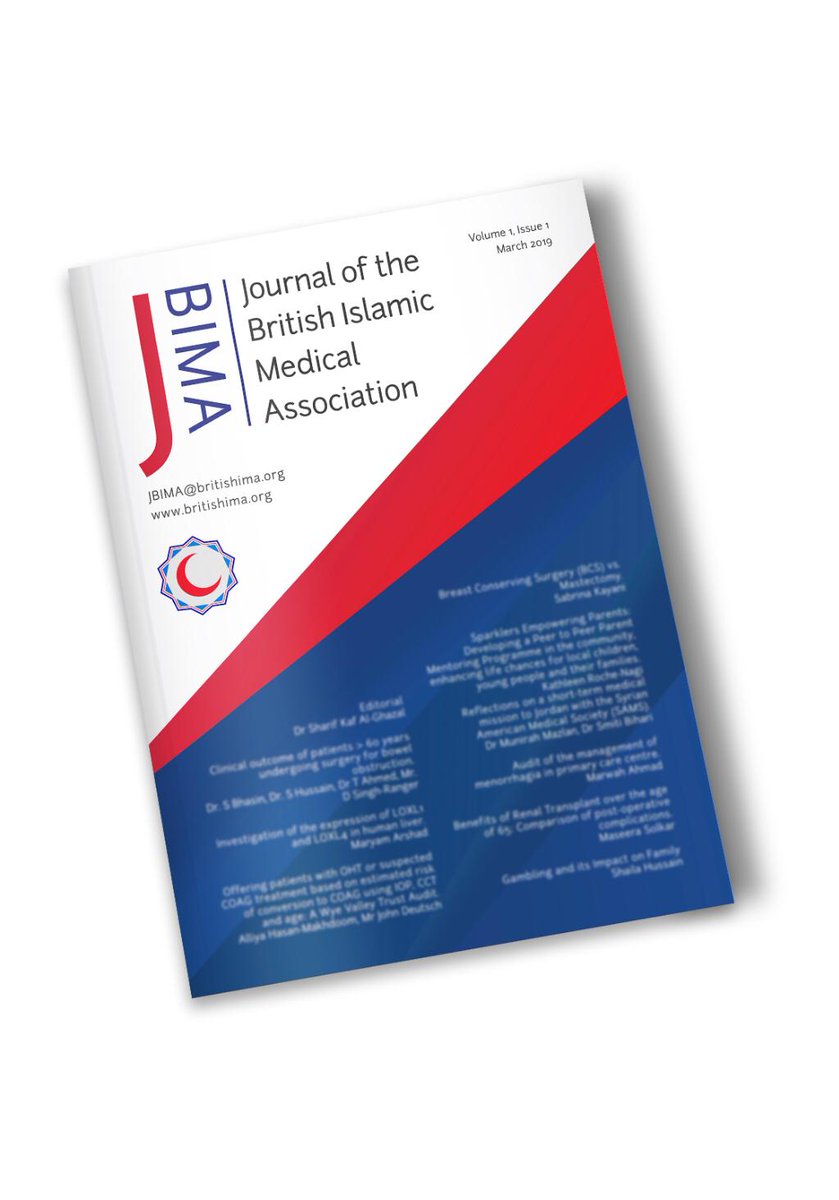
Aims
Maternal Aid Association (MAA) is a student-founded charity aimed at revolutionising maternal healthcare in resource poor settings. 99% of maternal deaths occur in developing countries, with Bangladesh continuing to have one of the highest maternal mortality rates (MMR) in the world.1 Even as a lower middle income country, these deaths are not inevitable, given that the majority are preventable with simple, cost-effective care2,3. Furthermore, acknowledging the 89% Muslim population, cultural sensitivity is paramount to avoid negative effects of voluntourism by engaging in an appropriate manner to improve health seeking behaviours4-6.
Voluntourism has highlighted issues of a fragmented approach in projects overseas, hence MAA established a Bangladesh team, consisting of Bangladeshi doctors and medical students to provide sustainable medical aid in a setup similar to an International Volunteer Cooperation Organisation (IVCO).7 In this way, the emphasis is on the UK team facilitating change by empowering the stakeholders in Bangladesh.
Methods
A two-day mobile maternal health screening camp in rural villages Bhalaganj and Ramsiri provided free antenatal care (ANC) checks. Each participant then attended a maternal health education (MHE) seminar; developed following research suggesting maternal education improves the MMR and the health seeking behaviours of women8. The sessions address topics around pregnancy, delivery and red flag symptoms to seek medical help for.
At the end of the seminar, participants answered a questionnaire which explored individual pregnancy experiences, engagement with healthcare facilities, and the overall impact of MAA’s MHE seminar. A total of 55 women were included in the analysis. All services were provided by our student volunteers from both the UK and Bangladesh.
Results
The MAA MHE seminar evaluations depict a positive impact of the sessions in improving health seeking behaviours of participants during pregnancy and post-partum.
Post MHE seminar, 58% more women were able to identify red flag symptoms. Additionally, results show an 11% increase in participants’ willingness to increase their food intake and 25% increase in women more willing to exercise during their pregnancy. This indicates the possibility to address known cultural beliefs and help women engage in improving their general health whilst respecting their lifestyle using an accept and adapt approach5,9.
Conclusions
The use of MAA’s MHE seminars illustrates a positive impact on improving health seeking behaviours in pregnant women and provides a promising preventative medicine approach. By working as an integrated team to maintain a relationship with communities, MAA hopes to improve maternal healthcare in Bangladesh.
References
- Girum T, Wasie A. Correlates of maternal mortality in developing countries: an ecological study in 82 countries. Matern Heal Neonatol Perinatol. 2017;3(1):1–6.
- Ministry of Health and Family Welfare Bangladesh. Success factors for women’s and children’s health: Bangladesh. World Health Organisation. 2015
- World Health Organisation. Maternal Mortality [Online]. 2019 [Accessed15 November2020]. Available from: https://www.who.int/news-room/fact-sheets/detail/maternal-mortality .
- United States of Department State. Bangladesh 2019 International Religious Freedom Report. 2019. Available from: https://www.state.gov/reports/2019-report-on-international-religious-freedom/bangladesh/
- Kirillova K, Lehto X, Cai L. Volunteer Tourism and Intercultural Sensitivity: The Role of Interaction with Host Communities. J Travel Tour Mark. 2015;32(4):382–400.
- Guttentag D. The Possible Negative Impacts of Volunteer Tourism. Int J Tour Res. 2009;551(March):537–51.
- Lough BJ, Oppenheim W. Revisiting reciprocity in international volunteering. Prog Dev Stud. 2017;17(3):197–213.
- Bicego GT, Boerma JT. Maternal education and child survival: a comparative study of survey data from 17 countries. Soc SciMedicine. 1993;36(9):1207–27.
- Choudhury N, Ahmed SM. Maternal care practices among the ultra poor households in rural Bangladesh: A qualitative exploratory study. BMC Pregnancy Childbirth. 2011;11:1.

